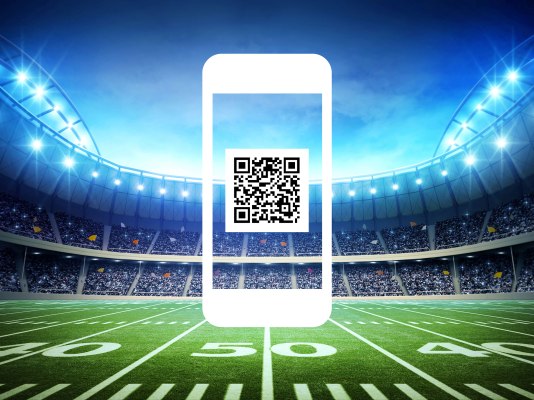In the months and years following September 11, one of the most noticeable changes was the experience of going through an airport — longer lines, no liquids, taking off your shoes. What used to feel out of the ordinary is now expected.
After the tragedies in Paris targeting live entertainment venues, the Stade de France and Bataclan concert hall, the experience of attending a live event in the U.S. changed. The NFL increased police presence and the NBA and NHL both had new guards posted at the entrance to games. The Atlanta Falcons even issued a statement to fans saying, “You may notice changes as you arrive or depart from the game. The enhanced security measures are not the result of any targeted threats; rather, they are prudent measures under the circumstances and were made in coordination with NFL security recommendations.”
And recently, Live Nation issued an advisory detailing new security requirements for all their concerts and events. The new rules said that all venues must install camera systems with a command center to monitor all activity, and they limited what types of bags fans are allowed to bring in an arena.
Unfortunately, increased on-site security comes at a high cost to teams and the professional leagues; and the added lines and wait time can hurt the fan experience. Unlike the travel industry, where consumers have to endure the airport experience in order to travel by air, fans could easily choose to just stay home. The live event industry must then rethink its approach to security.
Mobile has the potential to make events safer and provide a solution that both teams and consumers will like more than the standard tactic of “more security guards.”
The airport solution won’t work well for venues, so what is the answer? Like many issues these days, an answer seems to be mobile technology.
Stadiums are beginning to care more about who is attending an event, and not just if a ticket is sold. The same way you can’t buy or sell a plane ticket in the airport parking lot, it is going to become increasingly difficult to buy event tickets anonymously. When attendees are no longer anonymous, names could quickly be referenced against security lists, as they are when consumers buy plane tickets and travel through airports.
The concept of a ticket as a freely transferable document is changing, and to eliminate the anonymity of the event goer, teams are turning to mobile tickets, tied to a specific ID.
When looking at personal identifiers, mobile devices in particular make a lot of sense, because they are the most common personal devices we own, and teams can use the native mobile capabilities to enhance the fan experience. For example, a team could push out companion content, such as live replays or links to social channels, and consumers could benefit by connecting their ticket to a mobile wallet, streamlining the process of buying food or merchandise.
In fact, mobile presents so many opportunities in the world of live events that last season, nearly half of NFL teams began accepting mobile tickets for admission. For select Major League Baseball teams, season tickets were made available through the MLB Ballpark app, which allows ticket holders to link their accounts to the app and receive all tickets digitally. These digital tickets can be turned in at the gate, sent via text message to other people and taken back electronically if those friends change their mind and can’t go.
As the industry shifts toward mobile, teams are also able to use this new ticketing paradigm to solve specific issues they may not have been able to tackle otherwise.
As teams worry about rowdy fans, for example, the New York Jets responded by offering paperless, “loaded” tickets, which are essentially wallet-sized smart cards tied to the ticket holders, and fans who show up regularly and behave properly can reap high-end rewards, such as Super Bowl tickets or a trip to a road game on the team plane, in addition to earning credits toward food and merchandise.
Another issue is fraud. To counter the proliferation of printed PDFs that are sold to consumers, but are not actually real tickets, the Dallas Cowboys responded by eliminating all PDF tickets. Fans can use mobile or the hard ticket mailed to them by the team, but that’s it — the days of being able to print a PDF are quickly fading.
While eliminating fraud, rewarding good behavior and simplifying the process of buying food and drinks are great, security still should prove to be the ultimate benefit. Mobile has the potential to make events safer and provide a solution that both teams and consumers will like more than the standard tactic of “more security guards.”
Mobile ticketing is coming, and in many cases is already here. We all know that. But unlike the experience of entering an airport, the increased focus on security may actually improve the live event experience, providing convenience as well as protection against fraud, scalpers and unreliable brokers.
